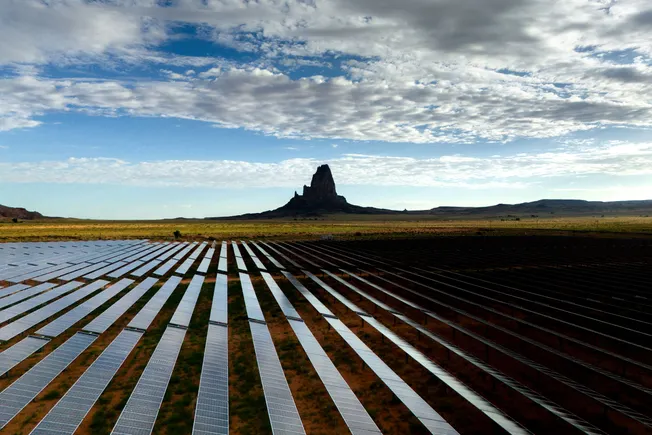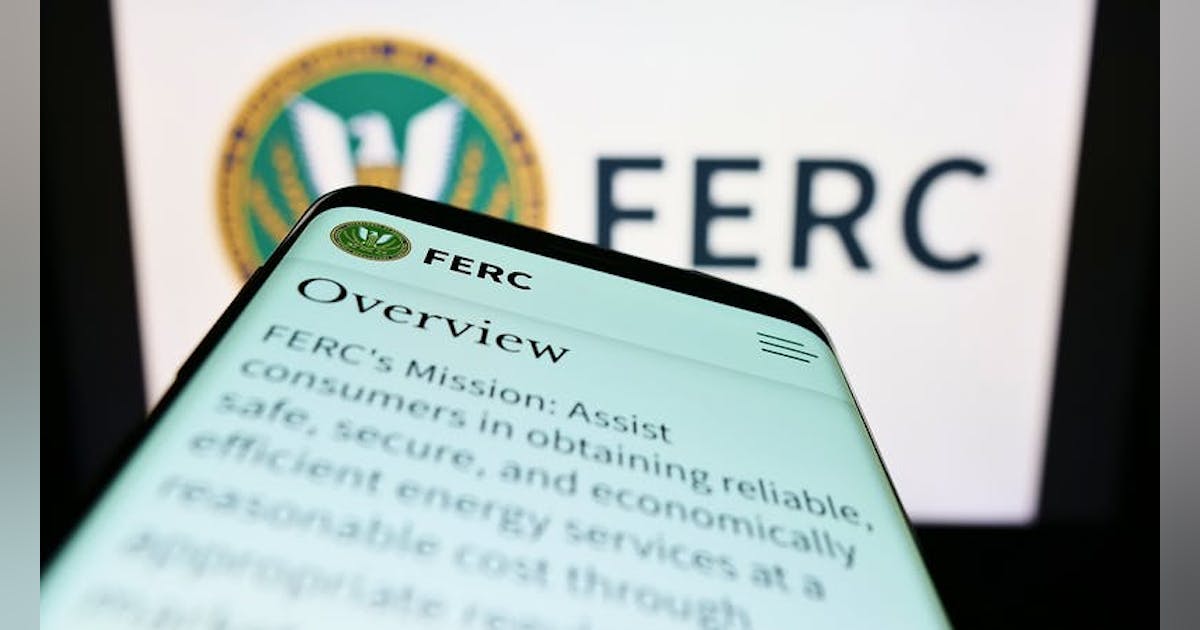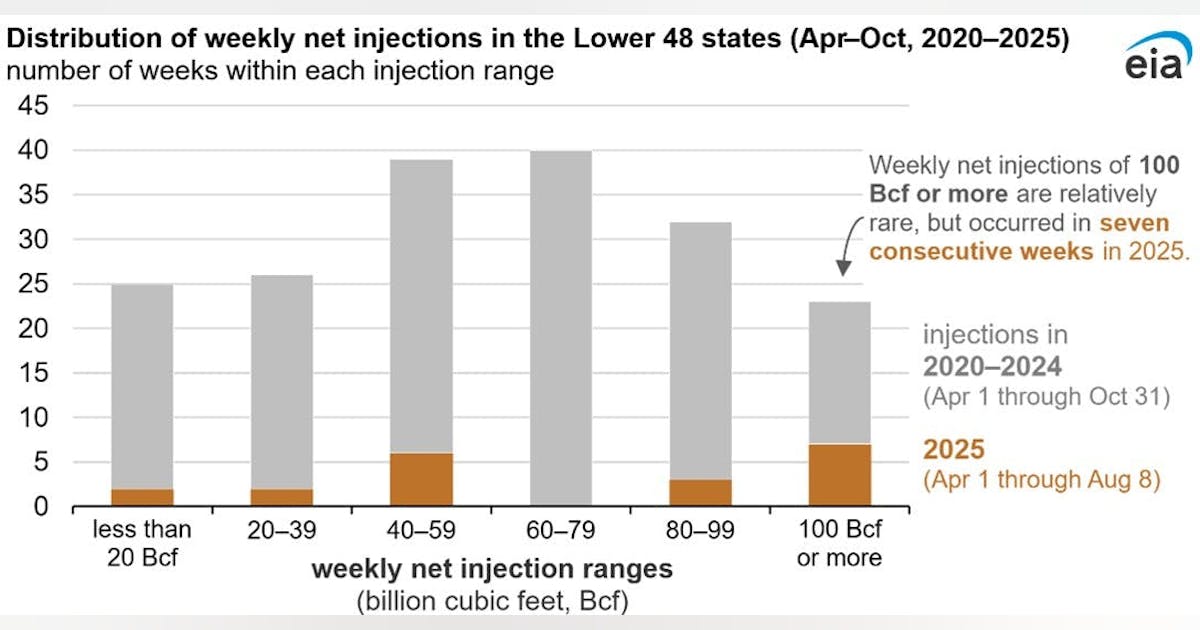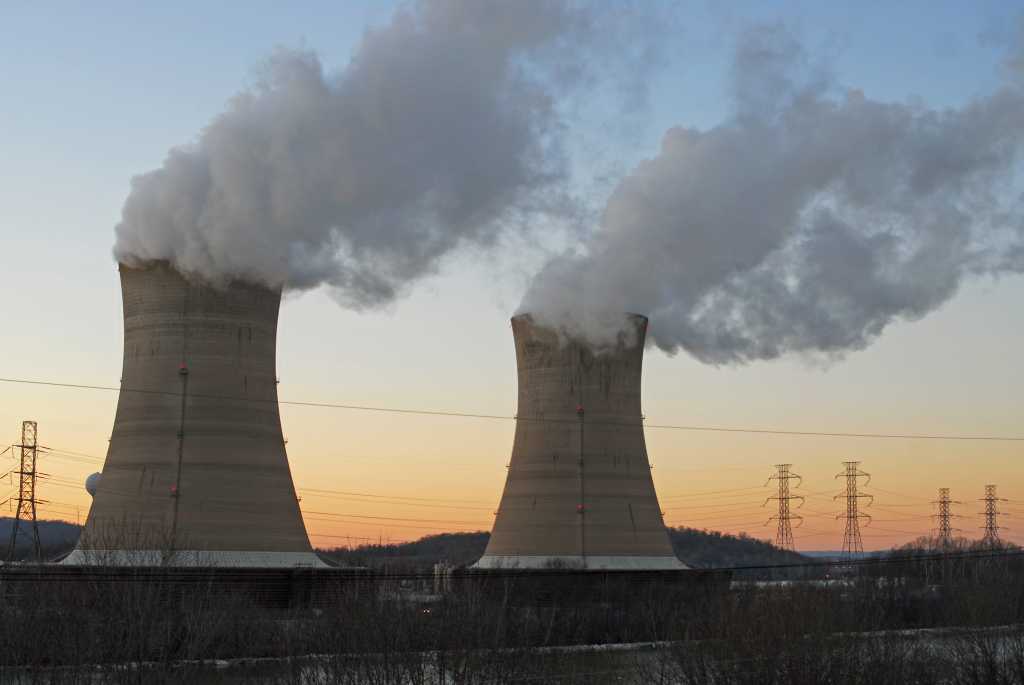
Dive Brief:
- Arizona regulators voted unanimously on Thursday to begin the process of repealing the Renewable Energy Standard and Tariff rules, known as REST, which required electric utilities to deliver 15% renewable energy by 2025.
- The rule was set by the Arizona Corporation Commission in 2006 and its targets have already been surpassed by the state’s major regulated utilities. Regulators say the REST rule drives up energy costs and is unnecessary, but advocates contend Arizona’s growth and rising electricity demand have kept the requirements relevant.
- Arizona Public Service had an energy portfolio of about 19% renewable energy sources in 2024, according to the commission; Tucson Electric Power reported its energy portfolio was about 29% renewable that year.
Dive Insight:
The debate over Arizona’s REST rules comes as APS, the state’s largest electric utility, has backed away from its pledge to go carbon free by 2050.
“The company is updating its clean energy goals from an aspirational ‘zero-carbon’ approach to an aspirational ‘carbon-neutral’ approach by 2050,” parent company Pinnacle West said in second quarter earnings released Aug. 6.
“Our mission is to reliably serve customers at the lowest cost possible. To do that, we need to integrate the most reliable and cost-effective resources available to us to meet Arizona’s fast-growing energy needs,” said Pinnacle West Chairman, President and CEO Ted Geisler.
Energy demand is rising quickly in Arizona. Three utilities set new peak demand records earlier this month.
Arizona regulators say cost concerns are at the heart of their efforts to repeal the REST rules. The commission estimated the requirements have added approximately $2.3 billion to Arizona customer bills since 2006.
“Utilities should have the flexibility to choose the most cost-effective energy mix to deliver reliable, affordable service — without being burdened by government-imposed rules that ultimately increase costs for customers,” Vice Chair Nick Myers said in a statement.
The ACC will hold three November proceedings where the public can give testimony on the repeal efforts. Written comments are due to the commission by Nov. 14.
Consumer and clean energy advocates defended the rules, saying they remain necessary despite increases in renewable energy.
“REST created a stable, pro-business environment for renewable energy that has directly benefited the people of Arizona,” said Vote Solar Interior West Regulatory Director Kate Bowman. “Today, solar energy has become the cheapest source of power. Repealing the REST standard would deter continued investment in solar energy and negatively impact many ratepayers who are already struggling to manage rising utility bills.”
Advanced Energy United said it would like to see the ACC work with stakeholders on policies that will allow Arizona to continue to attract business investment in advanced energy technologies.
“Arizona’s REST and energy efficiency rules have helped catalyze a multi-billion dollar advanced energy economy,” Michael Barrio, Advanced Energy United’s Arizona lead, said in an email. Repealing the standard “won’t do anything except send a negative signal to businesses and investors looking to set up shop in Arizona.”
APS said it is developing an array of clean energy resources to serve its 1.4 million customers.
APS is “committed to providing reliable power to customers at the lowest cost possible while striving to lower carbon emissions over time,” the utility said in an emailed statement. “We will continue to thoughtfully plan for our state’s growing population and economy using the best combination of resources to meet our customers’ needs.”
In recent years, APS said it has added a substantial amount of clean energy technologies and, along with nuclear power from the Palo Verde Generating Station and customer conservation, now delivers energy than is 54% carbon free.
By 2028, APS said it plans to have about 10.7 GW of solar, wind and battery storage combined.
“As we work toward our carbon-neutral goal and assess the best options available on the market, we will continue to maintain a balanced resource approach that includes nuclear power, coal and natural gas, as well as clean energy resources,” the company said.




















